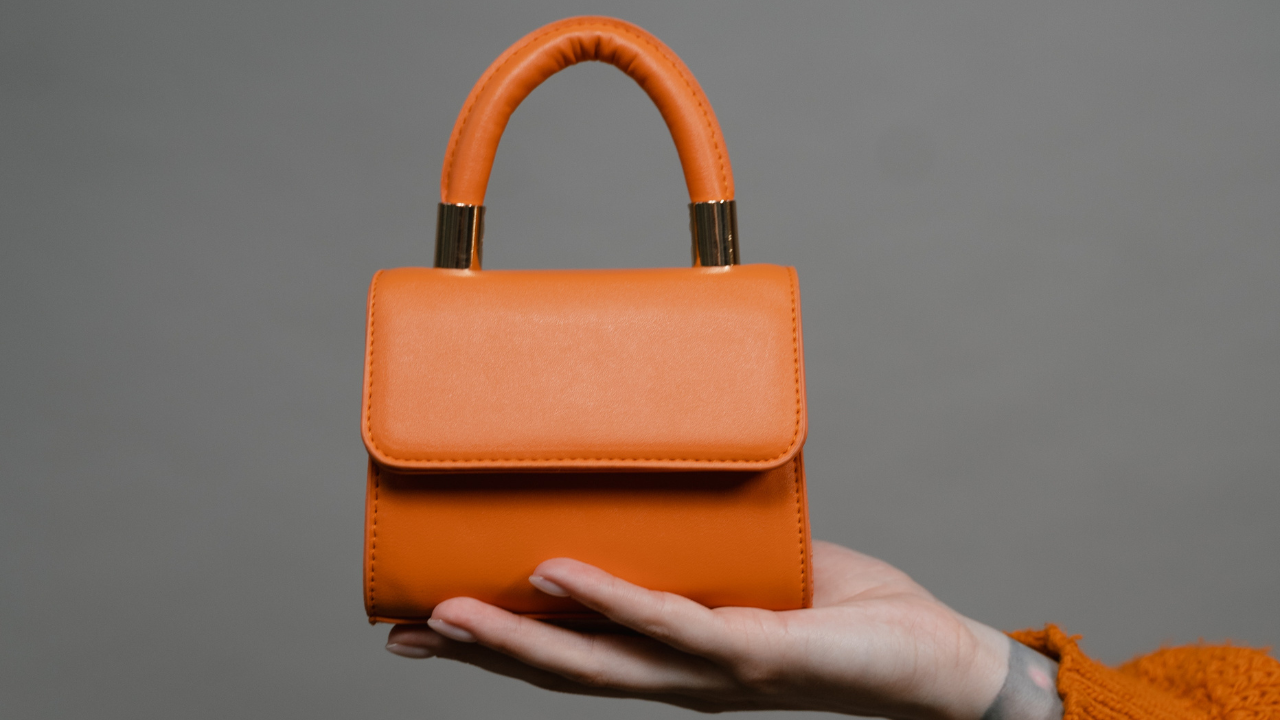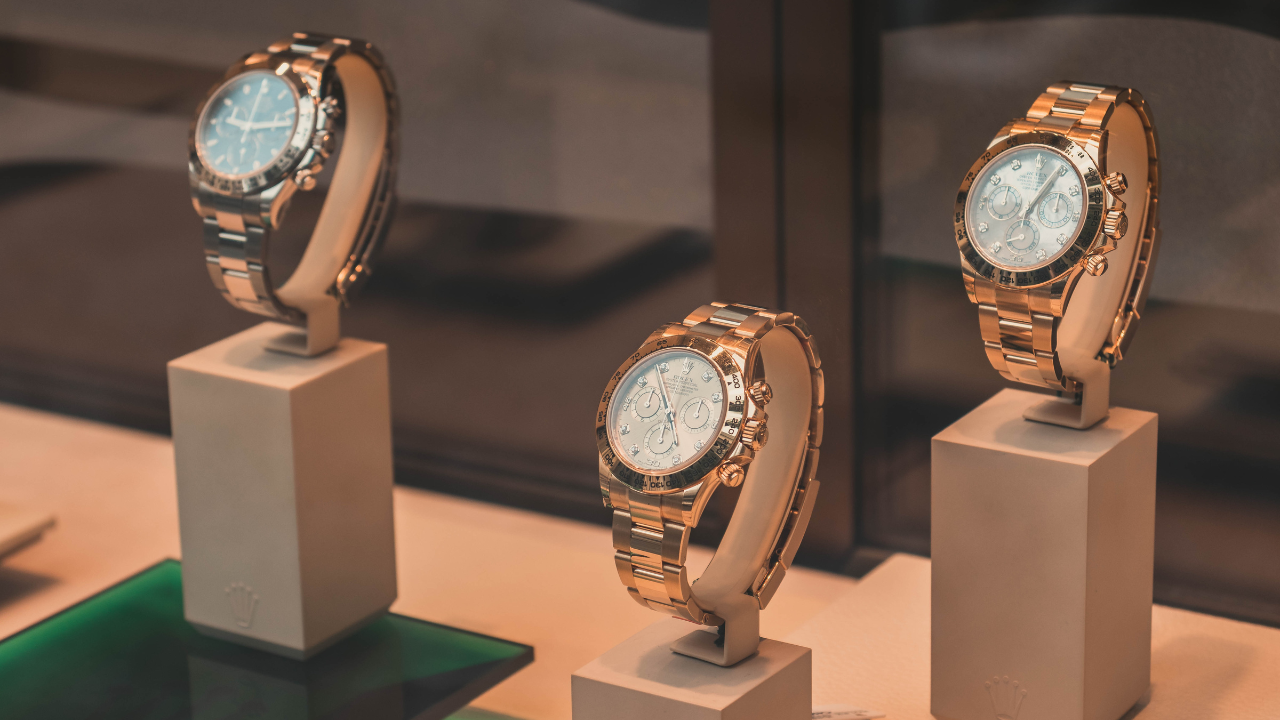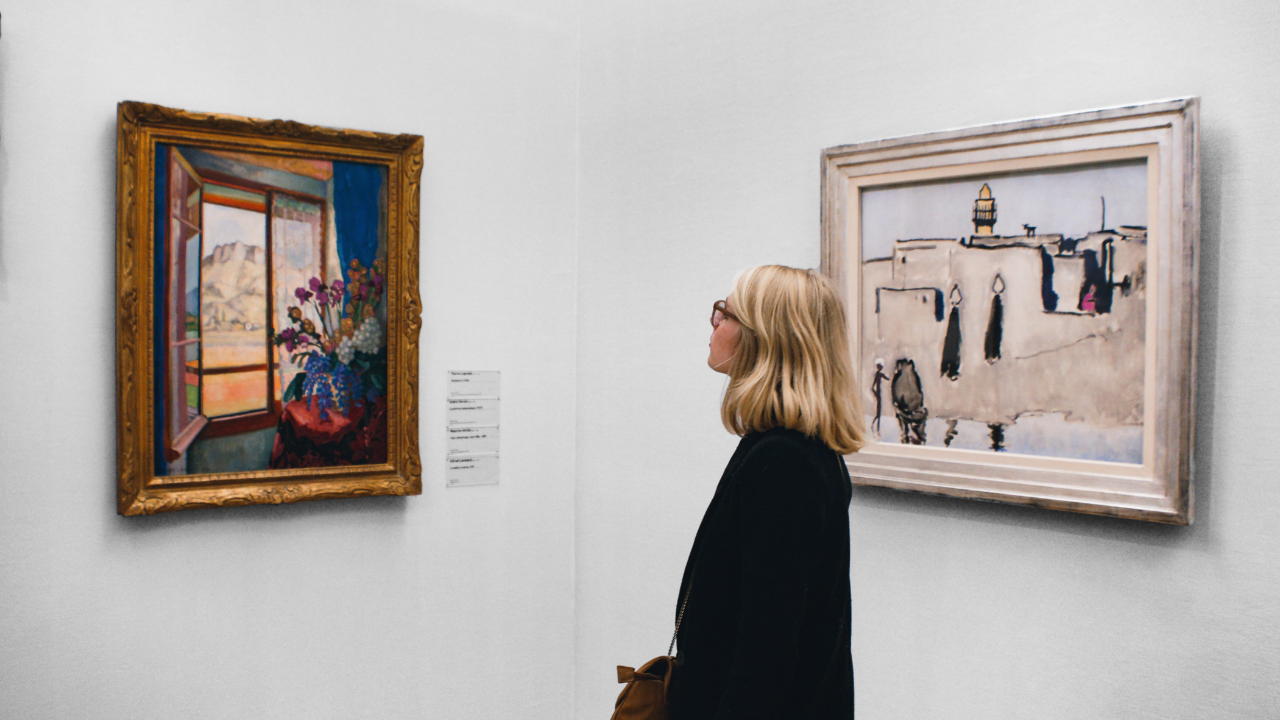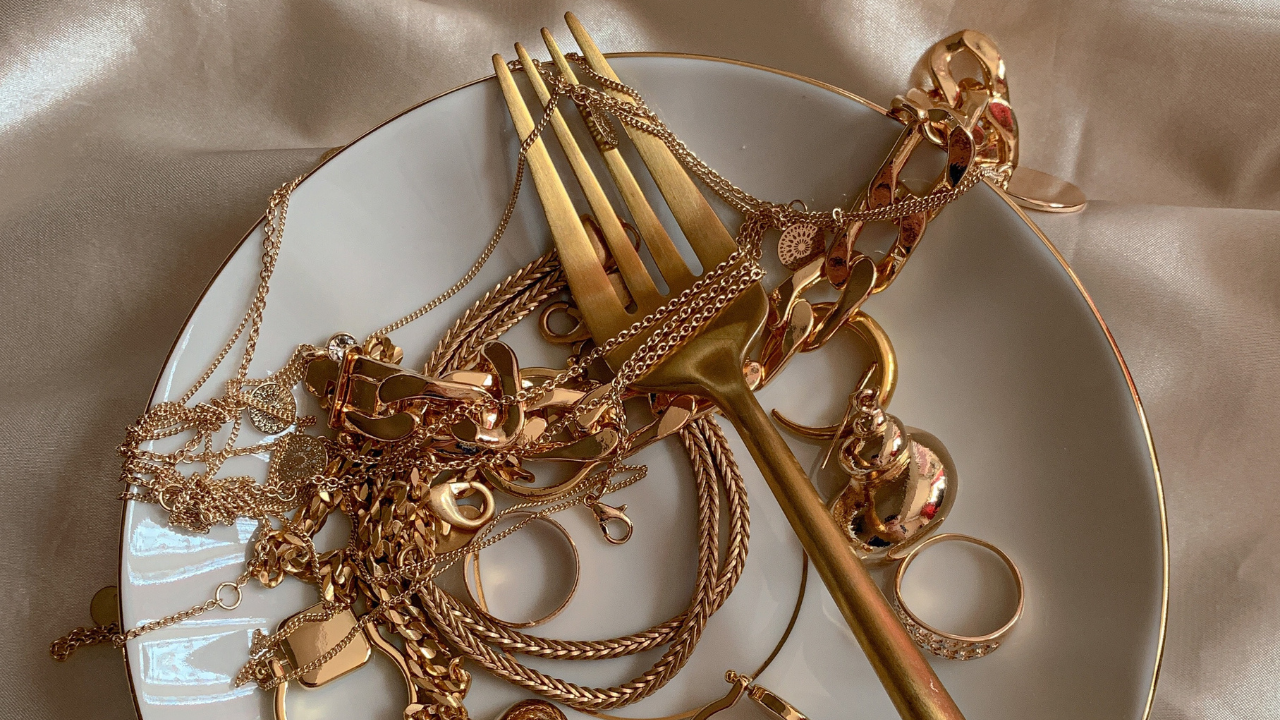Want to diversify your portfolio? Here are some alternatives to stocks and shares.
Have you ever lusted after that designer handbag bag that seems just out of your reach? Is it because you think they are a waste of money and your finances are better off in tried and tested investment schemes? Think again.
There is an ever-growing trend of investing in high-end items such as bags, jewellery and other designer goods.

Others like the idea of laying down a few cases of vintage wine or whisky for the future – either as an investment for themselves or family members. Wines and spirits, as they age and become more scarce, increase in value.

And we’ve all heard of the person who has that collection of 1970s toys or weird art that they’ve lovingly looked after all these years. Well, it seems like they are on to something. All different sorts of collections are making their way onto the market with high price tags.
Let’s have a dig around the back of the wardrobe, and see what we can find!
Unconventional investing – the lowdown
So, what exactly are unconventional investments? Sometimes called ‘alternative investments’, they can be hedge funds and venture capital, but also the more intriguing art and antiques, fine wines, jewellery, collectables and other commodities.
Your keen eye for a beautiful Rolex watch or a Cartier gold bracelet is not all about what it will look like on your wrist. Your possessions could be used as a form of investment set up as funds for your future.

To give you some ideas, many of these alternative investments will have a price index to show how they perform:
Gold Bullion: Up 31.28% over five years (source: Royal Mint)
Wine: Up 33.9% over five years (source: Liv-ex Fine Wine)
Fine Art: Compound annual growth of 8.5% since 1950 (source: Sotheby’s Mei Moses index)

More niche items, such as handbags, don’t have an index, but, as an example, a Kelly or Birkin handbag in pristine condition can see a growth of around 20% from the purchase price (source: baghunter.com).
Don’t forget that unconventional investments like this may depreciate over time, so it’s really important they stay in tip-top condition. We know! That De Beers necklace looks fabulous on you, but think about whether it is for general use or for future funds – in which case, sorry, you’ll need to house it somewhere secure.
This leads us to think further about the realities of owning commodities like this. You’ll need to do your research about how they will be best looked after – a safety deposit box might be a good idea for small valuables, but do your research into companies that offer security services.
For vintage wines, their value is only retained if they are stored in the correct environment – most wine investment companies will provide storage in an insured, bonded (i.e. not subject to UK tax), managed warehouse to protect the value of your investment.

Always consider that, much like many conventional investment portfolios, unconventional ones are long-term investments, although easier to start.
Let’s take the example of gold jewellery. Gold has, for hundreds of years, been a good long-term investment. It also has the added bonus of increasing in value if a country’s economy hits hard times.
What makes it worth investing in for anyone who wants to open up a portfolio for the first time is low buy-in options.
Hatton Jewellers advise that an investment in a gold ring could be as little as £250 - something like real estate could set you back a minimum of £75,000!
Pros and cons of investing
Here’s a quick run down of the pros and cons of unconventional investing:
👍 Pros:
✅ It can be a fun way of investing, especially if you enjoy art or similar commodities
✅ It can bring high rewards if what you have is on trend and sought after or if you invest in precious metal
✅ It can protect against possible jumps in inflation and a drop in a currency’s price
✅ The rules on personal possessions and perishable goods (vintage wine, for example) may mean you don’t need to pay Capital Gain Tax – but you’ll want to check carefully. If you bought with the intention of investing, HMRC may not consider that a personal possession.
👎 Cons:
❌ No regulation. There is no regulatory body that oversees investments like this. The only thing you can do is make sure all your assets are insured
❌ They can be liable to fraud. Think forged paintings!
❌ Take into consideration that your investment might be difficult to sell, especially compared to more conventional investments. For example, imagine the difference between selling your chosen alternative investment and your shares in Google. You’ll have a wider audience for your conventional investment.
So, if you decide to add a collection or two to your portfolio – we hope we’ve given you enough here to inspire you to do your own research. Remember to go into it knowing that it is mixture of risk and reward.